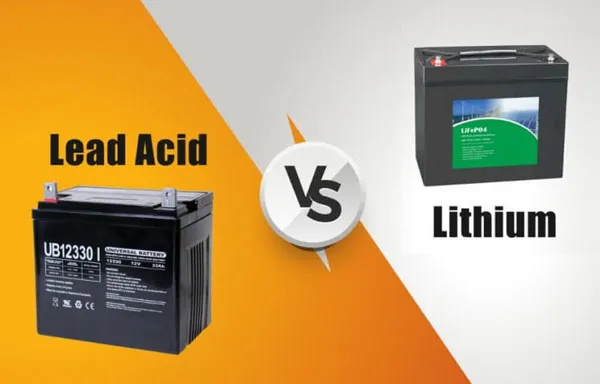Traditional lead-acid battery was once the most important power battery, but due to pollution and insufficient performance, it is not only being replaced by rising star lithium-ion battery, but also may be surpassed by fuel cell. The specific energy of lead-acid battery is low, the overall mass and volume required to be occupied in the new energy vehicle weight are relatively large, and the driving process of one-time charging is relatively short; The service life is short, and the later use cost is high. And because of pollution, it runs counter to the concept of new energy powered vehicles.

In terms of major characteristics, at present, lithium batteries are widely used in mobile phones, computers and other equipment. Although new energy vehicles are useful, they are not as important and extensive as in small applications. The fuel cell, which corresponds to or even complements the lithium battery, seems to be born naturally for electric / hybrid vehicles. So for electric vehicles, should we choose lithium batteries or fuel cells? Here, we still need to compare their main parameters to explain.
1. Cost: high cost and complex hydrogen production process have become the main obstacles to the development of fuel cells. The production cost of lithium-ion battery is relatively low. In addition, it is very convenient to recharge and use. Compared with other portable energy sources, it has higher cost-effectiveness.
2. Environmental protection: both have little impact on the environment. The discharge product of combustion battery is water, which will not produce greenhouse gases generated after gasoline / diesel combustion. The discharge products of lithium-ion batteries may include lithium oxide, lithium hydroxide, etc., which will not affect the environment. In addition, lithium ion batteries can be reused.
3. Reaction material: the fuel cell uses the polymer membrane as the electrode to support the hydrogen oxygen reaction to generate electric energy. Polymer films must be specially processed to withstand high temperatures and mechanical stresses. Lithium ion batteries rely on lithium ion adsorption charge storage or release electric energy. Lithium ion is very light, so it is an ideal automotive power battery.
4. Potential: if the cost of fuel cell can be reduced, it can really be used as an alternative energy for gasoline / diesel fuel. If the energy density of lithium battery can be further improved and the cycle life can be longer, it is also a very excellent driving energy.
5. Realistic challenges: for fuel cells, there are still many technical problems to be solved. The problem faced by the development of lithium-ion batteries is the low prevalence of charging infrastructure.
Although fuel cells and lithium batteries have different advantages and disadvantages when used as power batteries, they are ideal vehicle batteries. In the current automotive energy storage facilities, they can be regarded as two types of power supplies that complement each other.



